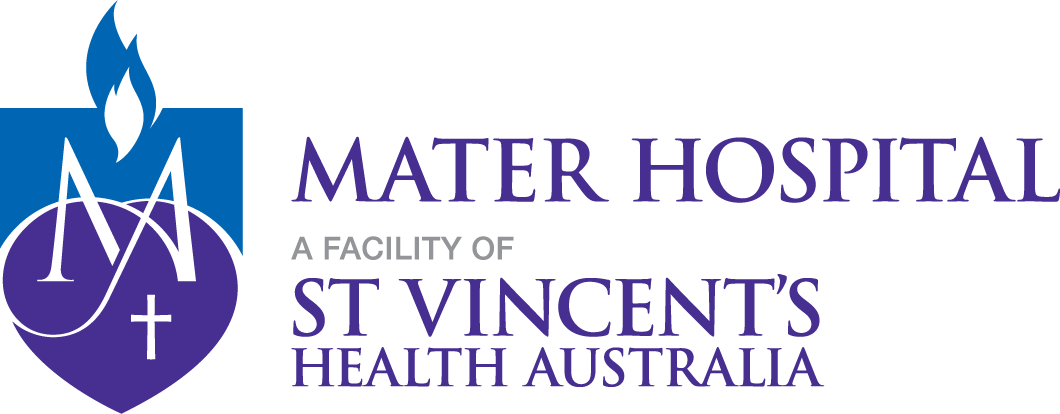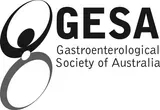Upper Gastrointestinal (GI) & Liver Conditions
WHAT ARE UPPER GASTROINTESTINAL & LIVER CONDITIONS?
Upper gastrointestinal (GI) and liver conditions refer to various medical issues affecting the upper part of your digestive system. This includes the oesophagus (food pipe), stomach, duodenum (first part of the small intestine), pancreas, gallbladder, and liver.
These organs work together to digest food, absorb nutrients, and eliminate waste from the body.
IMPACT OF UPPER GASTROINTESTINAL (GI) & LIVER CONDITIONS ON YOUR ANATOMY AND HEALTH
The organs of the upper GI tract and liver have specific roles:
- Oesophagus: Transports food from the mouth to the stomach.
- Stomach: Breaks down food with acid and enzymes.
- Duodenum: Absorbs nutrients and prepares digested food for further processing.
- Liver: Processes nutrients, filters toxins, and produces bile.
- Gallbladder: Stores bile to help digest fats.
- Pancreas: Produces enzymes and hormones like insulin.
When these organs are affected by disease, the body’s ability to digest food, absorb nutrients, and eliminate waste becomes impaired.
Examples of impact include:
- Heartburn and reflux from stomach acid damaging the oesophagus lining.
- Fatigue and confusion due to the liver not filtering toxins properly (as seen in liver failure).
- Unexplained weight loss or malnutrition if the stomach or pancreas isn't breaking down food efficiently.
- Bleeding or ulcers in the digestive tract from conditions like peptic ulcer disease.
- Jaundice (yellowing of skin and eyes) from liver dysfunction or blocked bile ducts.
CAUSES AND RISK FACTORS FOR UPPER GASTROINTESTINAL (GI) & LIVER CONDITIONS
While these conditions can affect anyone, certain groups are at higher risk:
- Lifestyle Factors:
- Smoking, excessive alcohol use, and poor diet.
- Lack of physical activity contributing to obesity and fatty liver.
- Infections:
- Helicobacter pylori infection, often responsible for ulcers.
- Hepatitis viruses (A, B, C) causing liver inflammation and damage.
- Medications:
- Overuse of NSAIDs and certain antibiotics can damage the stomach lining.
- Chemotherapy or long-term paracetamol use can harm the liver.
- Autoimmune conditions:
- The body’s immune system mistakenly attacking its own digestive organs.
- Genetic or metabolic conditions:
- Such as Wilson’s disease (a liver disorder), or inherited polyps, increasing the risk of GI cancers.
- Gallstones and Blockages:
- Affecting bile flow and causing digestive issues or liver damage.
- Tumours or cancers:
- These may block or disrupt normal digestive function.
SYMPTOMS OF UPPER GASTROINTESTINAL (GI) & LIVER CONDITIONS
Symptoms vary widely, but common signs to look out for include:
- Digestive Discomfort:
- Heartburn, bloating, and indigestion
- Nausea or vomiting, especially after meals
- Abdominal pain, particularly in the upper or right side
- Changes in Bowel Movements:
- Diarrhoea or constipation
- Pale, fatty, or foul-smelling stools (sign of fat malabsorption)
- Bleeding or Unexplained Symptoms:
- Vomiting blood or passing black/tarry stools (may indicate bleeding ulcers)
- Unexplained weight loss or fatigue
- Loss of appetite
- Liver-Specific Symptoms:
- Jaundice (yellowing of the skin and eyes)
- Dark urine and light-coloured stools
- Swelling in the legs or abdomen (fluid retention)
- Itchy skin or easy bruising
PREVENTION OF UPPER GASTROINTESTINAL (GI) & LIVER CONDITIONS
While not all GI or liver conditions can be prevented, you can reduce your risk by:
- Eating a balanced diet: Rich in fruits, vegetables, whole grains, and lean protein.
- Exercising regularly: Helps maintain a healthy weight and supports liver health.
- Limiting alcohol intake: Excess alcohol is a major cause of liver disease.
- Avoiding overuse of medications: Especially painkillers like ibuprofen or paracetamol, which can affect the stomach and liver.
- Getting vaccinated: Against hepatitis A and B if you're at risk.
- Practising good hygiene: To avoid infections that may affect the liver or gut.
COMMON UPPER GI CONDITIONS
Many people experience issues in their upper GI tract at some point. Some of the most common conditions include:
Gastro-oesophageal Reflux Disease (GORD):
Also known as reflux or heartburn, GORD occurs when stomach acid frequently flows back into the oesophagus. This can cause a burning feeling in the chest, trouble swallowing, or a sour taste in the mouth. Lifestyle changes and medications often help.
Gastritis:
Gastritis is inflammation of the stomach lining. It may be caused by infection, alcohol, certain medications (like anti-inflammatories), or stress. It can lead to pain, nausea, and loss of appetite.
Peptic Ulcers:
Ulcers are sores that form in the stomach or duodenum. They can cause a dull or burning pain, often after meals. They may be caused by infection with a bacteria called
Helicobacter pylori or long-term use of certain painkillers.
Hiatus Hernia:
This condition occurs when the upper part of the stomach pushes through the diaphragm into the chest. It may cause reflux symptoms like heartburn or discomfort after eating.
Oesophagitis:
Oesophagitis is inflammation of the oesophagus, often due to acid reflux or infection. It can cause pain, difficulty swallowing, or a feeling that food is stuck.
Swallowing Disorders (Dysphagia):
Some people have difficulty swallowing due to narrowing of the oesophagus, nerve or muscle problems, or inflammation. This may require tests to diagnose and manage.
COMMON LIVER CONDITIONS
The liver is a vital organ that helps filter toxins, process nutrients, and support digestion. Liver disease can be mild or serious, and early detection is important.
Fatty Liver Disease:
This is when fat builds up in the liver. It can be linked to obesity, diabetes, or excessive alcohol use. There are two types:
- Alcohol-related fatty liver disease
- Non-alcoholic fatty liver disease (NAFLD)
Mild cases may cause no symptoms but can progress over time.
Hepatitis:
Hepatitis is inflammation of the liver, often caused by a viral infection (like hepatitis A, B or C). It may also be due to alcohol, medication, or autoimmune conditions. Symptoms may include tiredness, yellowing of the skin (jaundice), and nausea.
Cirrhosis:
Cirrhosis is a late-stage liver disease where healthy tissue is replaced with scar tissue, affecting how the liver works. It is often the result of long-term liver damage from alcohol use, hepatitis, or fatty liver disease.
Liver Cancer:
Cancer that starts in the liver is called primary liver cancer. It is more common in people with chronic liver disease or cirrhosis. It can cause weight loss, pain, and fatigue.
Gallstones:
Gallstones form in the gallbladder, which is connected to the liver. They can block the bile ducts and cause pain, nausea, or inflammation (cholecystitis). Treatment may involve surgery to remove the gallbladder.
DIAGNOSIS OF UPPER GASTROINTESTINAL (GI) & LIVER CONDITIONS
Diagnosis may involve a mix of medical history, physical examination, and diagnostic tests. These can include:
- Blood tests: To check liver function, infection, or signs of inflammation.
- Endoscopy: A thin tube with a camera is used to look inside the oesophagus, stomach, or duodenum.
- Ultrasound or CT scan: Helps assess the liver, gallbladder, or surrounding organs.
- Liver biopsy: A small sample of liver tissue is examined under a microscope, usually to check for inflammation or damage.
- Breath tests or stool tests: Can help detect infections like Helicobacter pylori.
TREATMENT OF UPPER GASTROINTESTINAL (GI) & LIVER CONDITIONS
Treatment depends on the condition and its severity. Options may include:
Lifestyle Changes:
- Healthy eating: Avoid fatty, spicy, or acidic foods.
- Weight management: Maintaining a healthy weight can reduce liver and digestive strain.
- Avoiding alcohol: Especially important for liver health.
- Quit smoking: Smoking worsens reflux and harms liver function.
Medications:
- Antacids or acid blockers for reflux or ulcers.
- Antibiotics for infections like Helicobacter pylori or hepatitis.
- Anti-inflammatory or immunosuppressant medications for autoimmune liver diseases.
- Medications for gallstones or bile duct problems, when surgery is not required.
Surgical Options:
- Gallbladder removal (cholecystectomy): For gallstones or infection.
- Endoscopic procedures: To treat bleeding ulcers, remove polyps, or widen narrow parts of the oesophagus.
- Liver transplant: In severe cases of liver failure or liver cancer.
WHEN TO SEEK MEDICAL ADVICE FOR UPPER GASTROINTESTINAL (GI) & LIVER CONDITIONS?
You should see a doctor if you experience:
- Ongoing stomach pain or heartburn
- Unexplained weight loss or tiredness
- Vomiting blood or black, tarry stools
- Yellow skin or eyes (jaundice)
- Swelling in your abdomen or legs
Early treatment can improve your outcomes and prevent long-term damage.













